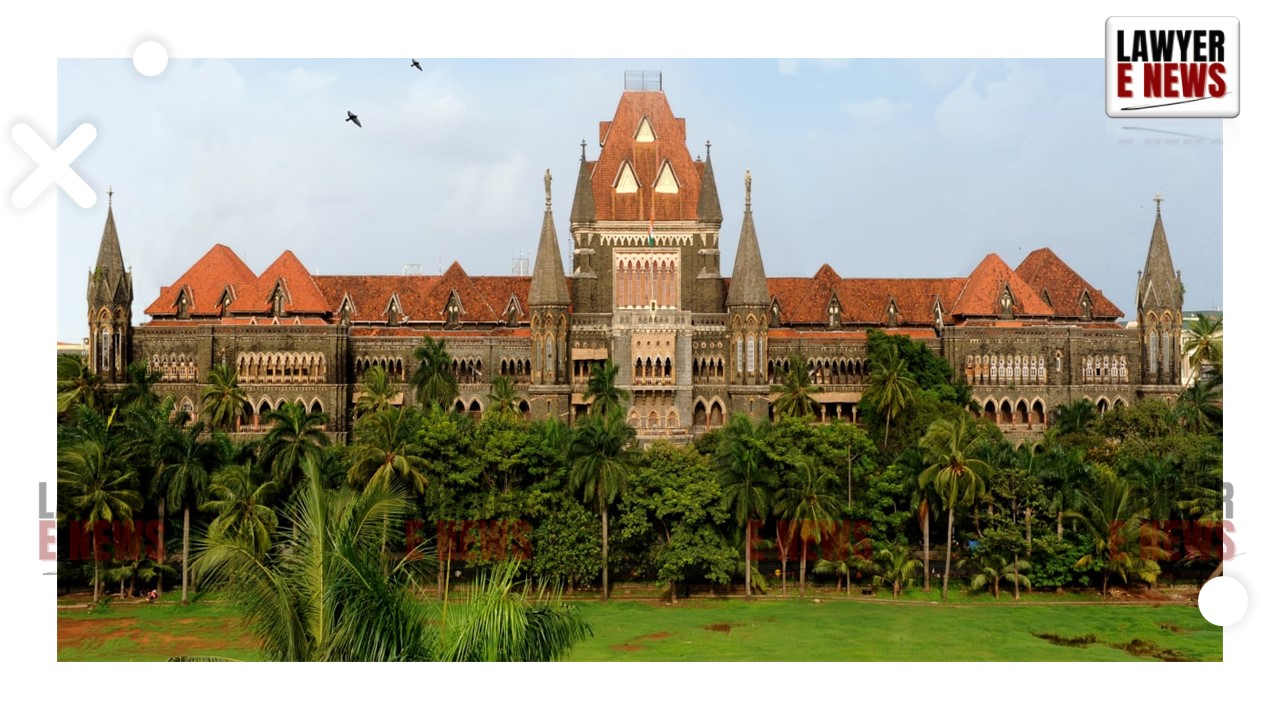-
by Admin
15 February 2026 5:35 AM



Today, Bombay High Court, in Vipul Amrutlal Patel vs. State of Maharashtra & Anr., granted bail to the applicant Vipul Amrutlal Patel in a murder conspiracy case. Patel had been in custody since January 2020, and the court cited the violation of his right to a speedy trial under Article 21 of the Constitution. With over 70 witnesses yet to be examined and the trial progressing at a slow pace, the court held that continued detention could not be justified.
The case revolves around the murder of Ajay Patel and Dhirendra Patel on April 1, 2018. The victims were shot dead outside Vishal Bar and Restaurant in Silvassa by a group of assailants. Vipul Amrutlal Patel, the accused No. 12, was arrested on January 20, 2020, for allegedly being involved in the conspiracy to murder Ajay Patel. The primary conspirator, Suresh Patel, allegedly orchestrated the murder due to a financial dispute with Ajay Patel. The prosecution's case also claimed that Vipul maintained financial records related to payments made to the families of co-accused.
The central legal issues in the case involved the admissibility of circumstantial evidence and the right to a speedy trial under Article 21 of the Constitution. Key points raised by the prosecution included circumstantial evidence of Patel’s role in maintaining financial records for the conspiracy and a confessional statement from a deceased co-accused.
Circumstantial Evidence and Financial Transactions: The prosecution relied on circumstantial evidence, such as entries in financial diaries and statements by witnesses alleging that Patel disbursed money to the families of co-accused. However, the court observed that the evidence did not conclusively establish Patel’s involvement in the murder conspiracy. It emphasized that circumstantial evidence must form a complete chain pointing to guilt, which remained unproven at this stage of the trial.
Confessional Statement of Co-Accused and Section 30 of the Evidence Act: The prosecution also relied on the confessional statement of co-accused Rashid Murtaza, who had passed away. The court ruled this statement inadmissible under Section 30 of the Indian Evidence Act, as the law only allows confessional statements to be used in a joint trial. Since there was no joint trial in this case, the confessional statement could not be considered as evidence against Patel.
The court ruled in favor of granting bail, primarily on the grounds of the applicant’s prolonged detention and the violation of his right to a speedy trial. As of September 2024, only three witnesses had been examined, with over 70 witnesses remaining, and the trial had been delayed significantly due to the limited availability of the sessions judge. The court cited several precedents, including the Supreme Court’s judgment in Javed Gulam Nabi Shaikh vs. State of Maharashtra (2021), affirming that even in serious criminal cases, the right to a speedy trial under Article 21 of the Constitution must be upheld.
Justice Sarang V. Kotwal emphasized, "Even if the offence is serious, the right of the accused to a speedy trial is paramount. Prolonged pre-trial detention without substantial progress violates Article 21 of the Constitution." The court further noted that continued detention of the applicant, who had already spent over four years in custody, was unwarranted given the slow pace of the trial.
The Bombay High Court granted bail to Vipul Amrutlal Patel, setting conditions to ensure that he does not abscond and cooperates with the trial. The court reaffirmed that an accused is presumed innocent until proven guilty and cannot be subjected to an indefinite pre-trial detention, especially when the trial is delayed.
Date of Decision: 25/09/2024
Vipul Amrutlal Patel vs. The State of Maharashtra & Anr.
